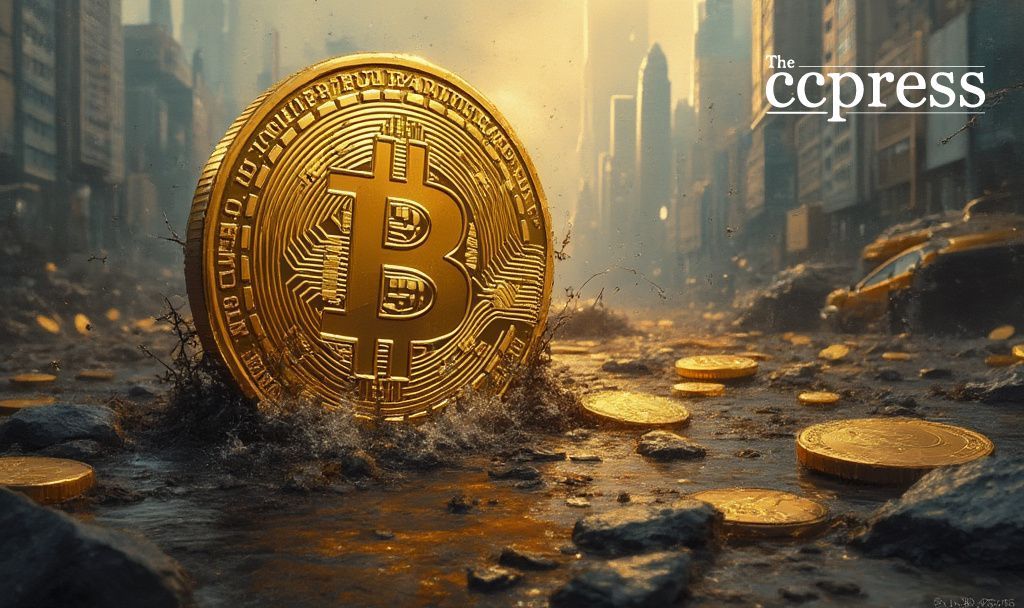Don't waste $6,400 on random gaming — Spend it on GameFi
Today’s gamers have spent hundreds — sometimes thousands — on in-game purchases that are supposedly theirs to keep. The reality is that they often have nothing that is lasting, and that isn’t fair.
New research shows the horrible reality of the situation. Gamers are set to spend $6,425.13 on virtual items over their adult lifetime without ever receiving anything physical to show for it, according to a study commissioned by Unstoppable Games and conducted by OnePoll.com. The survey asked 2,000 gamers and found that the average gamer will spend $8.74 per month — that’s $104.90 per year — on a total of three purchases. Character skins, weapons and extra lives were the most commonly bought items.
Statistics like these leave gamers feeling furious, or worse, like suckers. Of course, it’s fair to pay for entertainment — for experiences. But if you’re buying the virtual equivalent of a sword, skin, cloak or whatever else, it should be analogous to such an item in a physical game. You should be able to do with it as you wish.
Related: 5 things Ethereum ETFs could mean for altcoins
Our games, and their assets, should stay with us. I have enjoyed watching Pokemon come back into fashion. In some families I know, kids who have gotten into Pokemon recently are playing with physical cards that their parents played with when first released 27 years ago. It's moving. But today’s games are played digitally, and we need fitting ways of ensuring we hold on to the collections we build.
Unstoppable Games is slated to release its own new game — Influence — on June 27.Blockchain gaming isn’t just a novelty, it aspires to solve real problems faced by regular people who love to play games. Many blockchain games have tried and failed to solve these problems as blockchains have struggled to handle the data needs for great games.
But the big change happening now is that networks are massively ramping up the bandwidth of blockchains, so they are beginning to provide a real option for both mainstream finance and entertainment use cases.
Despite gamers’ desire to own new in-game assets, 35% of those surveyed feel the money spent on these things is wasted because they have nothing to show for it. And more than half (51%) feel frustrated they can’t give or resell the items they purchase in a game.
With blockchain tech, there’s also an interoperability aspect where these blockchain assets can be made to be accessible across multiple games, or even used to build new games, opening up a whole new world of possibilities for creators who may, in the past, have struggled to compete with the large game studios. Admittedly, it is early days for interoperability, but it has been achieved on Axie Infinity, Realms, and some other games.
Related: Welcome to the United Kingdom — Please hand over your crypto
The survey data revealed that 65% of individuals would support that right to gift or re-sell in-game purchases at a later date. We just need to get better at explaining to gamers that this is already a core tenet of blockchain games and get them to try them out.
The vast majority of gamers (84%) had never even heard of or tried a blockchain game. Yet if a gaming company wanted to shut everything down, 63% think they should offer refunds for any past purchases, while 34% even think they should introduce a vote system. These are all common qualities being built in blockchain games today, so why aren’t more people trying them out?
The biggest reason is that many early blockchain games were disappointing. I hated many of the blockchain games launched during the last crypto bull run. They didn’t create a fun experience on their own merits, and their graphics too often feel stuck in the past.
But I can also see that blockchain games are rapidly evolving, blockchain capacity is increasing and I believe Web3 games are now on par with their Web2 peers. Blockchain games are listening to the general public, and are ready to give traditional gaming a run for its money, in more ways than one.
This article is for general information purposes and is not intended to be and should not be taken as legal or investment advice. The views, thoughts, and opinions expressed here are the author’s alone and do not necessarily reflect or represent the views and opinions of Cointelegraph.
Disclaimer: The content of this article solely reflects the author's opinion and does not represent the platform in any capacity. This article is not intended to serve as a reference for making investment decisions.
You may also like
Michael Saylor Labels Bitcoin as Chaos-Driven Asset

BlackRock’s Larry Fink Warns of U.S. Recession Impacts

Trump, Bukele to Discuss Bitcoin, Trade, and Security

Tether Mints Additional $1B USDT on Tron Network, Boosting Cumulative Total to $9B in 2025: A Look at Market Implications

